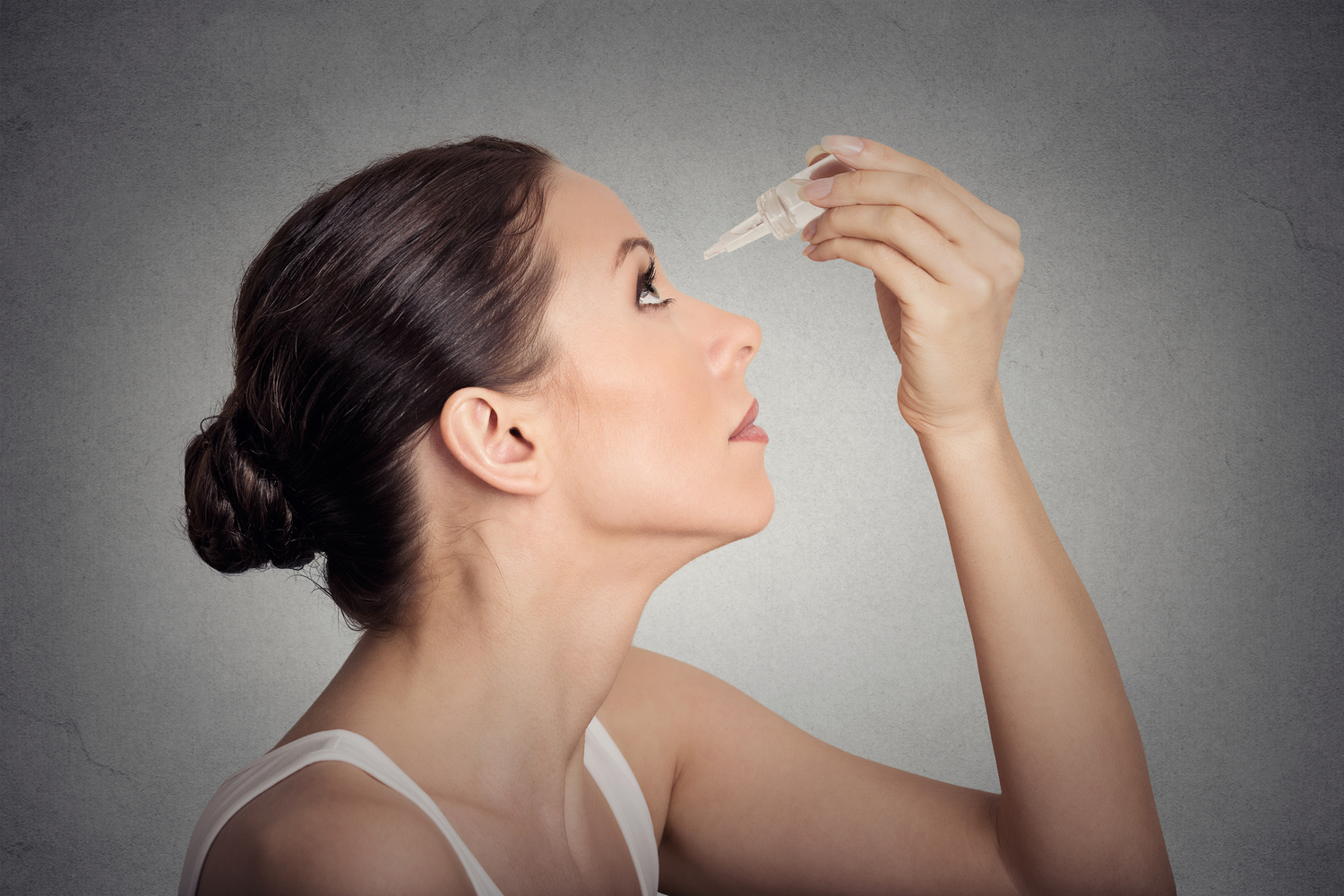
Common Causes of Dry Eyes
Treatments and Medications to Consider
If you’ve had allergies, you’ve definitely experienced itchy, dry eyes at one point or another—-this can be an incredibly uncomfortable feeling. Luckily, humidifiers and eye drops may help to bring moisture back into your eyes and ease the discomfort. But allergies aren’t the only reason you can get dry eyes, so if you’re experiencing the issue and aren’t sure why it’s happening, read on to learn potential causes:
1. Allergies
Environmental factors like pollen, dust mites, smoke, and pet dander can cause allergies to flare up, which then results in inflammation of the eyes, itchy eyes, and decreased tear production which turns into dryness of the eyes. If you know you suffer from environmental allergies, it would be a good idea to take allergy medications or carry eye drops on days when external factors live pollen levels are high.
2. Hormonal changes
Hormonal changes, typically estrogen and progesterone, occur most commonly in women after menopause or pregnancy. With changing levels of these hormones, it can impact your meibomian gland and can lead to dryness of the eye. Hormonal changes can also come with your menstrual cycle and the use of birth control, so if you are experiencing significant issues with dry eyes, you should talk to your healthcare provider.
3. Too much screen time
If you’re sucked into a TV show that you’re watching on your laptop or work a desk job that requires you to look at a screen for most hours of the day, you’ve probably thought to yourself—when was the last time I blinked? This is a common issue with too much screen time and can leave your eyes feeling extremely tired and dry. If you can’t avoid a screen, remind yourself to blink and if you’re struggling, try using the 20-20-20 rule: set a timer and work for 20 minutes, then look somewhere about 20 feet away for 20 seconds. This promotes better eye health and less dryness!
4. Contact lenses
Contact lenses limit oxygen flow to the eyes, and without a steady flow of oxygen to the eyes, your eyes struggle to create tears and maintain moisture. Make sure to not wear your contacts for long periods of time and keep a pair of prescription glasses on hand just in case you experience any irritation with your contacts that requires you to remove them.
5. A dry environment
Wind and dry climates can really impact your eyes by reducing tear volume with increased tear evaporation in an effort to keep your eyes moist. Without a proper production of tears, your eyes will begin to feel dry and you may experience discomfort. If you know you’re going to a dry climate, bring some eye drops to keep the moisture in your eyes. If it’s your bedroom that is dry, consider putting in a humidifier to keep some moisture in the air.



